This event now concluded. Report available here.
- Speakers: Kirino Natsuo (Japan), Dina Zaman (Malaysia), Jhoanna Cruz (Philippines)
- Moderator: Prabda Yoon (Thailand)
- Date: Saturday, March 5, 2016, 4:00-6:00 pm
- Venue: Iwasaki Koyata Memorial Hall, International House of Japan
- Seating: 200
- Language: English / Japanese (with simultaneous interpretation)
- Co-organizers: Nippon Foundation, Japan Foundation Asia Center
- Admission: Free (reservations required)
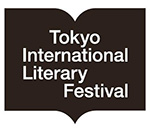 |
The Tokyo International Literary Festival (founded by the Nippon Foundation) has been held since 2013 to promote Japanese literature abroad and Tokyo as a literary focus of the world coming abreast of New York, London and Paris. The aim is to bring together leading novelists, poets, editors, and translators and to encourage new dialogue about books from different countries and cultures. As part of the festival, I-House will co-organize the Asia session.
For Asia session ①, we have invited female writers from Japan, Malaysia, and the Philippines along with the prominent Japanese writer Kirino Natsuo, and they will talk about their writings and how their works are accepted in their countries with Prabda Yoon, writer and artist from Thailand, as moderator. What kind of impact do their works that deal with “taboos,” such as crime, terrorism, or LGBT individuals, have on their society? How do cultural and religious characteristics affect their creativity?
Report
The Tokyo International Literary Festival (founded by the Nippon Foundation) has been held since 2013 to bring writers and editors from across the world together, promote Japanese literature abroad, and showcase Tokyo as a literary focus of the world. As part of the festival, I-House hosted two Asia sessions co-sponsored by the Nippon Foundation and the Japan Foundation Asia Center. The first session featured authors Kirino Natsuo (Japan), Dina Zaman (Malaysia), and Jhoanna Cruz (the Philippines), who joined moderator Prabda Yoon (Thailand) to discuss writing about social taboos in their respective countries.
Inspired to Write
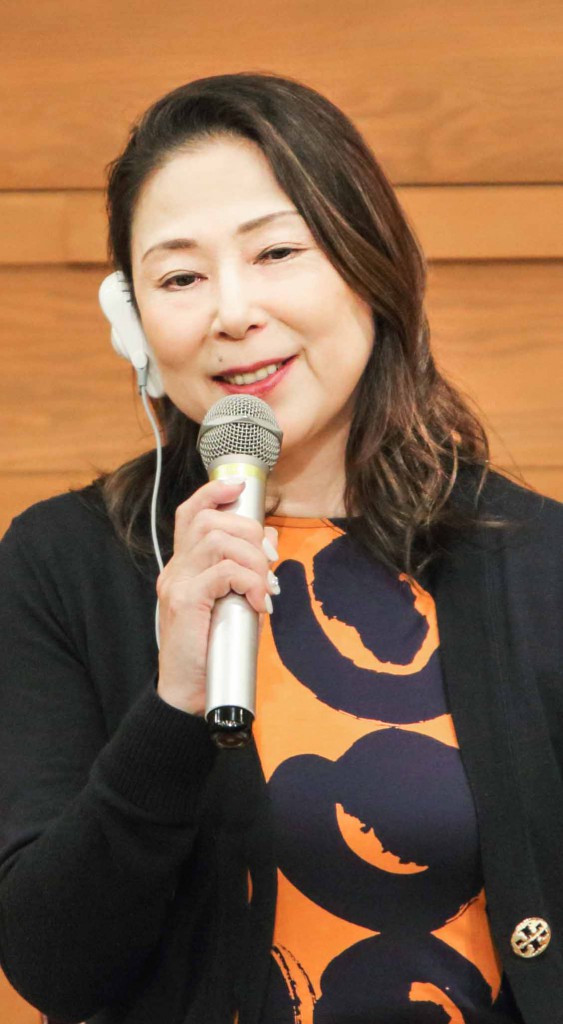 Yoon led off the session with a question: What compels you to write? According to Kirino, her inspiration comes from the uncomfortable, strange feeling that she’s experienced living as a woman in Japan. Growing up in an age when people just assumed that getting married was the natural, predisposed path for a woman to take, Kirino bristled at the thought of resigning herself to the stay-at-home lifestyle of a full-time housewife. That aversion to abiding by the “way things are,” she says, is what began opening her eyes to the possibilities of writing. Her first works were full of adventurous, aggressive elements like wives murdering their husbands, a streak that led critics to label Kirino as a “scary writer.” Even in the world of fiction, Kirino was amazed to find, there was discrimination. Despite the adversity, though, Kirino has continued to write in the hopes that her novels might help readers to liberate themselves to a greater degree.
Yoon led off the session with a question: What compels you to write? According to Kirino, her inspiration comes from the uncomfortable, strange feeling that she’s experienced living as a woman in Japan. Growing up in an age when people just assumed that getting married was the natural, predisposed path for a woman to take, Kirino bristled at the thought of resigning herself to the stay-at-home lifestyle of a full-time housewife. That aversion to abiding by the “way things are,” she says, is what began opening her eyes to the possibilities of writing. Her first works were full of adventurous, aggressive elements like wives murdering their husbands, a streak that led critics to label Kirino as a “scary writer.” Even in the world of fiction, Kirino was amazed to find, there was discrimination. Despite the adversity, though, Kirino has continued to write in the hopes that her novels might help readers to liberate themselves to a greater degree.
Zaman’s career as a writer began when she completed her graduate studies in the United Kingdom and headed back to Malaysia, where she started publishing columns on Muslim women in Malaysia for an online newspaper. Zaman, a devout Muslim, spent much of her childhood living in various locations abroad as her father—a diplomat—moved from post to post. That experience gave Zaman an outsider’s perspective on Malaysia, in a way, and prompted her to use her writing as a way of questioning religious indoctrination and repressive attitudes toward women from the standpoint of a Muslim woman in the country. Her many candid, open-hearted pieces on these sensitive topics eventually came together in a collection called I Am Muslim—a publication that provoked a startling backlash that not only included angry readers phoning in threats to Zaman but also a lukewarm reception among women, a demographic that Zaman had assumed would be a source of support. That hasn’t slowed Zaman down, however: her determination to capture the realities of Muslim women in Malaysia nourishes her creative energies.
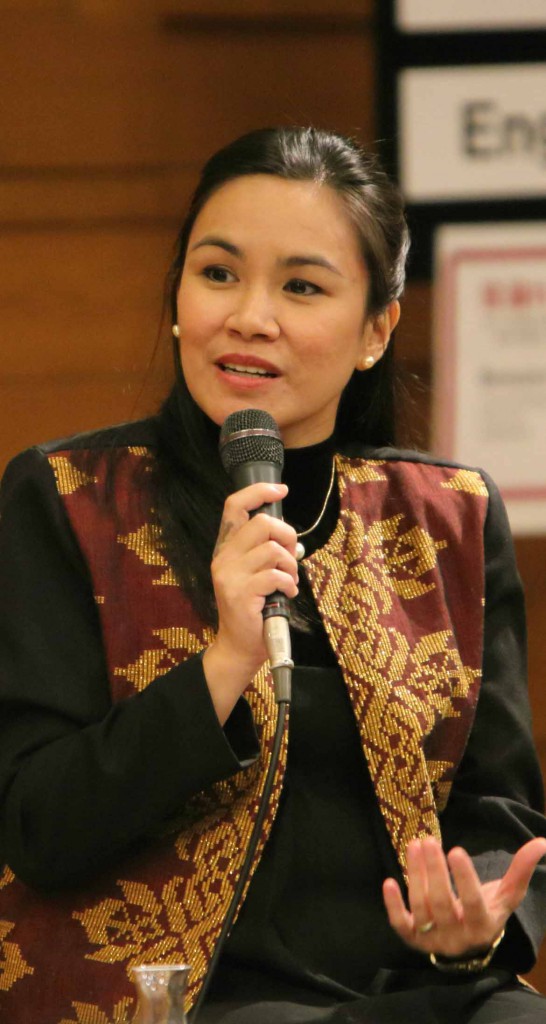 Twenty years ago, Cruz sensed a “void” in the literary demographics of the Philippines: Filipino authors had written on gay themes, but works dealing with lesbian-related subject matter were non-existent. Not even “out” writers foregrounded their desires in their stories. Hoping to fill the gap between reality and the literary environment, Cruz decided to write about her own experiences as a lesbian. As more and more authors have started to come out and embrace their homosexual identities, many have cited Cruz’s books as a source of inspiration and guidance. It’s been hard to forge a career as a lesbian writer, Cruz says, but the challenges that she’s encountered have made her experience that much more valuable. Although progress is happening, the number of gay-themed works still dwarfs the scope of lesbian literature in the country. “Expressing yourself in writing always takes a lot of courage,” Cruz says.
Twenty years ago, Cruz sensed a “void” in the literary demographics of the Philippines: Filipino authors had written on gay themes, but works dealing with lesbian-related subject matter were non-existent. Not even “out” writers foregrounded their desires in their stories. Hoping to fill the gap between reality and the literary environment, Cruz decided to write about her own experiences as a lesbian. As more and more authors have started to come out and embrace their homosexual identities, many have cited Cruz’s books as a source of inspiration and guidance. It’s been hard to forge a career as a lesbian writer, Cruz says, but the challenges that she’s encountered have made her experience that much more valuable. Although progress is happening, the number of gay-themed works still dwarfs the scope of lesbian literature in the country. “Expressing yourself in writing always takes a lot of courage,” Cruz says.
Modern Religion and Gender Perspectives
In contemporary Malaysia, Zaman says, Islam is making its presence felt in every corner of the private realm and exacerbating the repressive, restrictive conditions that women live in. She remembers being shocked when one of her friends, a male Muslim with quite a few female companions, told her that he’d “prefer to marry a nice, wholesome virgin from a good family.” Zaman couldn’t believe that she’d ever be hearing that from someone in her circle. Examples of Islamic tradition shaping people’s personal dispositions don’t stop there, though: not only are there scores of Muslim women in Malaysia who go from fun-loving partiers to hijab-wearing “good Muslim wives” as soon as they tie the knot, but there are also plenty of career-oriented women whose professional aspirations vanish the very moment marriage ushers in a life of domesticity.
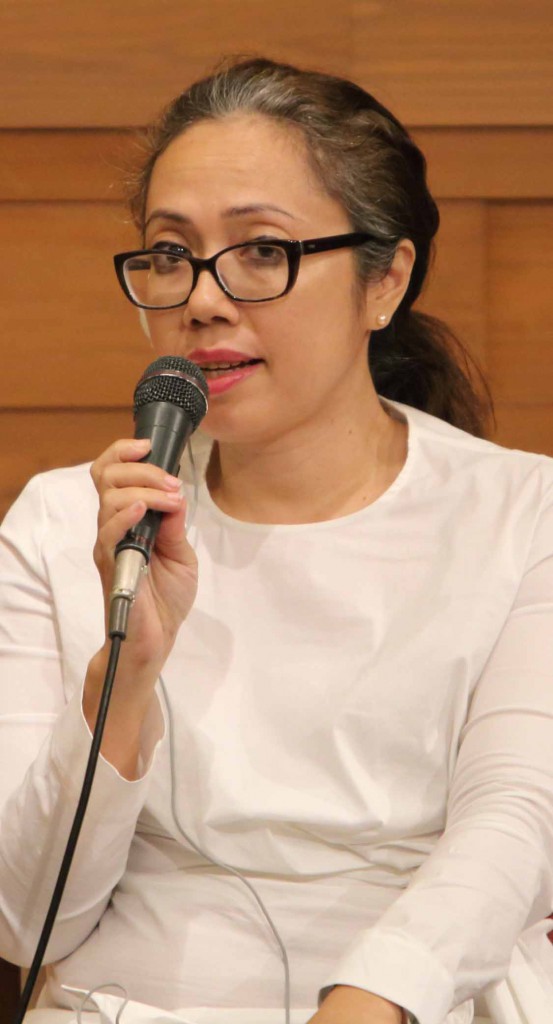 For Zaman, it’s alarming just how far women’s identities are swinging from one side to the other. “My mother’s generation was full of working women, and I went on to pursue higher education in hopes of building a career for myself,” Zaman explains. “But young Malaysian women these days spend more time and energy trying to find a man to be a breadwinner than they do learning things for their own betterment—despite the fact that a man living in a country with a powerful economy can’t provide for his family all by himself.”
For Zaman, it’s alarming just how far women’s identities are swinging from one side to the other. “My mother’s generation was full of working women, and I went on to pursue higher education in hopes of building a career for myself,” Zaman explains. “But young Malaysian women these days spend more time and energy trying to find a man to be a breadwinner than they do learning things for their own betterment—despite the fact that a man living in a country with a powerful economy can’t provide for his family all by himself.”
The system of “traditional family values” is rearing its head in Japan, as well, kindling a revival of the patriarchal authority that once dominated the cultural landscape. Kirino says that the government is playing a big role in thrusting old-fashioned values on the popular consciousness. LGBT issues represent one area where lawmakers are fortifying their traditional positions: Shibuya-ward recently began certifying same-sex marriages, for example, but the national government refuses to recognize homosexual unions. The same goes for the rule requiring married couples to share a surname. More and more young women are falling into poverty, too. With job prospects for females growing increasingly grim, the idea of getting married and becoming a full-time housewife is starting to hold a broader, more compelling appeal across the female demographic. For all the progress that Japanese society has made since the women’s liberation movement got attitudes to start shifting in the 1970s, Kirino now sees the country heading right back toward square one.
In the Philippines, where the Catholic Church wields extraordinary influence over the state and its legal structures, getting divorced is still against the law—and lawmakers avoid even addressing the idea of same-sex marriage. Cruz expected her Women Loving to touch off a wave of criticism lambasting the author for being a lesbian Catholic, but her words fell on deaf ears. “The public reaction was a form of repression through indifference, I think,” Cruz explains. “The Philippines might seem like a relatively open country, but there’s a lot of discrimination under the surface.” Another pressing issue in the Philippines is the ongoing ban on abortions, which leads many women to terminate their pregnancies through illegal—and sometimes fatal—means.
How Writing Can Make an Impact
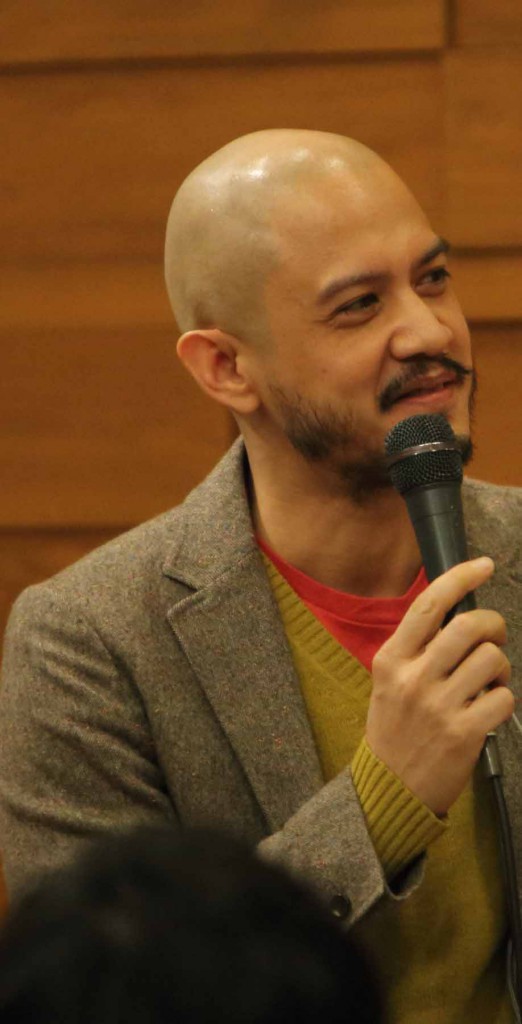 Yoon’s final question was about the challenges that authors need to focus on. For Cruz, it’s all about reacting to what’s going on around you and ruminating on how people act. As she gets older, Cruz says, she’s recognizing that there’s more to writing than just expressing her own individual concerns—there’s also the important concept of actively responding to the things that happen in her sphere of existence and expressing her views on the community that has made her who she is.
Yoon’s final question was about the challenges that authors need to focus on. For Cruz, it’s all about reacting to what’s going on around you and ruminating on how people act. As she gets older, Cruz says, she’s recognizing that there’s more to writing than just expressing her own individual concerns—there’s also the important concept of actively responding to the things that happen in her sphere of existence and expressing her views on the community that has made her who she is.
Kirino points to the insufficiencies of language. When the 3.11 earthquake struck, she and many others lost the ability to write as they witnessed the resulting tsunami—infinitely more powerful and terrifying than any tragedy or calamity her fellow authors had ever dreamed up—ravaging the coastline and swallowing entire communities. Novels are supposed to salvage the things that words can’t capture, but trying to write about a sensitive, impactful topic like the nuclear disaster is rife with challenges.
Japan is a context where taboos lurk around every imaginable corner, often leading publishers to exercise voluntary restraint and authors to shy away in the face of anything that people might frown on—and Kirino says that the biggest problem is the mass media’s willingness to censor itself. Seeing how no TV network would even mention Baraka, her novel depicting a post-nuclear disaster world, Kirino realized that the Fukushima incident was essentially off limits. “My novels are full of ‘taboos,’ but that’s not going to stop me from writing about them—as long as there’s a factual reality to what people attach that label to, I feel like I need to say something,” Kirino said, underscoring her stance on the topic. “Unless authors lay out those realities for readers to encounter, we’ll have real taboos that no one can address.”
All photos of this report were taken by Kawaguchi Sodo.
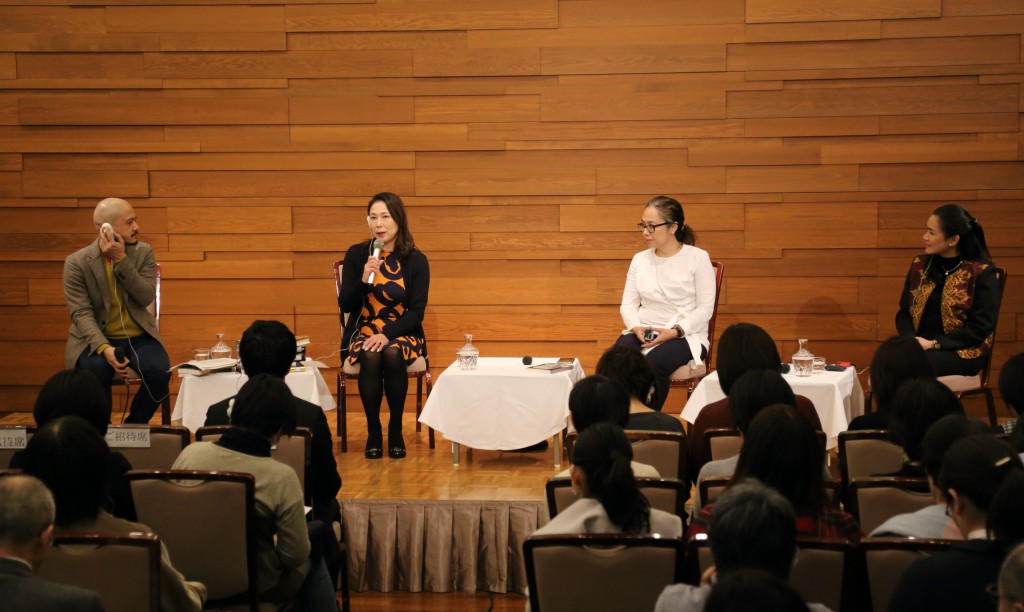
Kirino Natsuo (Japan)
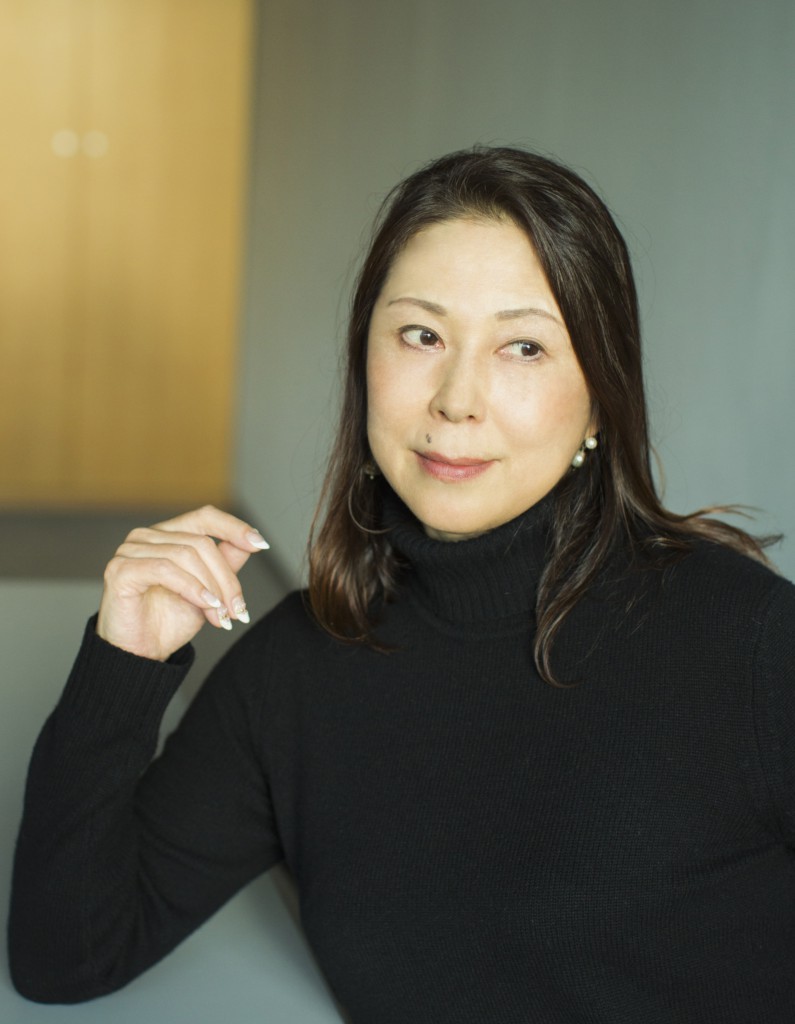 |
| (c)Keiichi SUTO |
Dina Zaman (Malaysia)
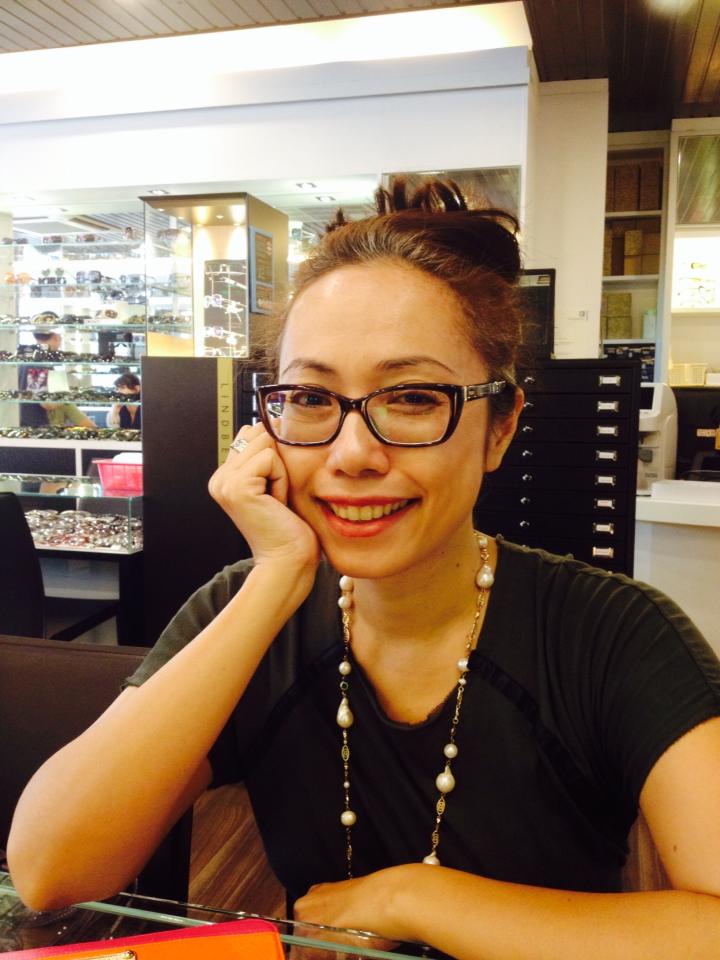 |
Jhoanna Lynn B Cruz (Philippines)
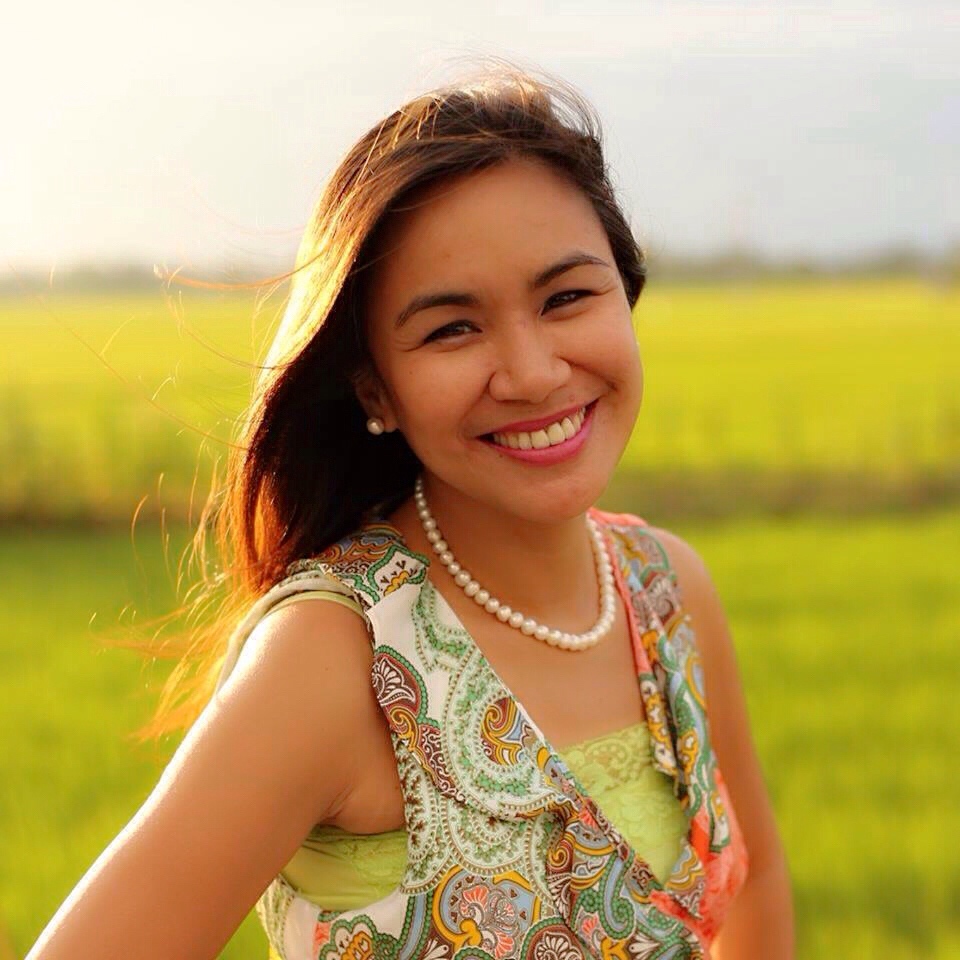 |
Moderator: Prabda Yoon (Thailand)
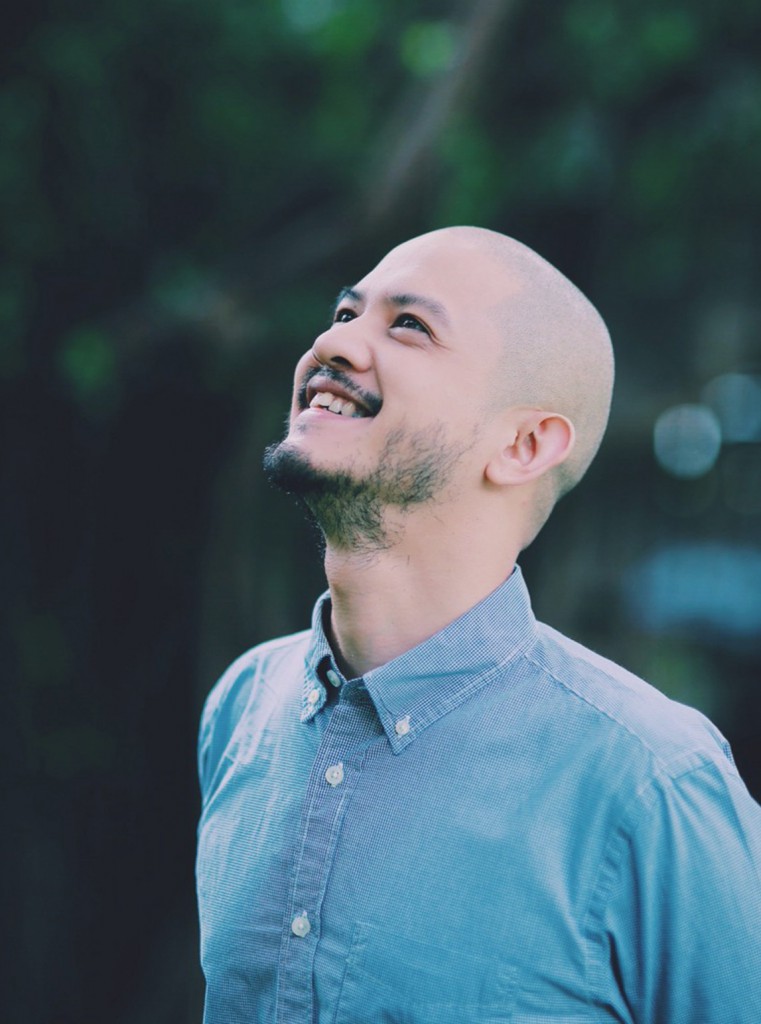 |